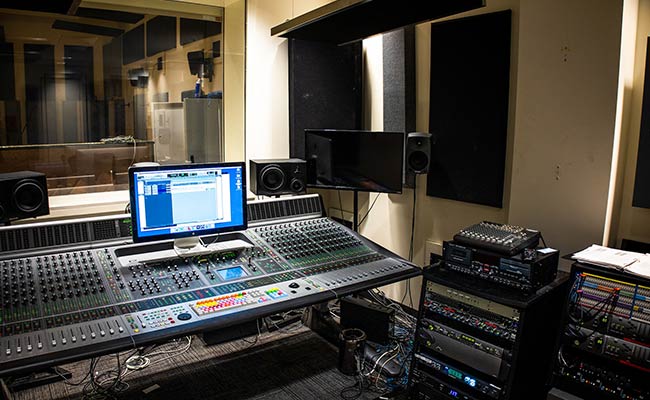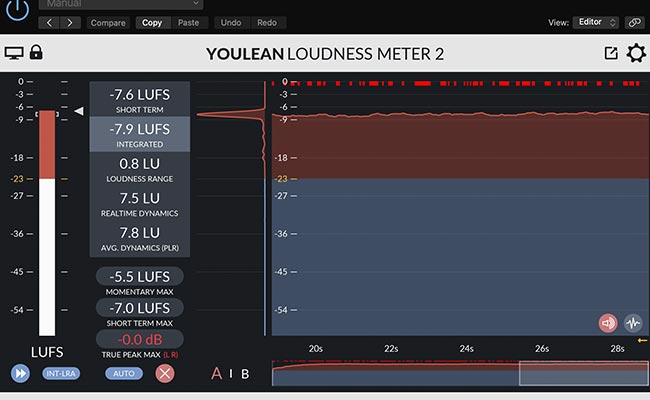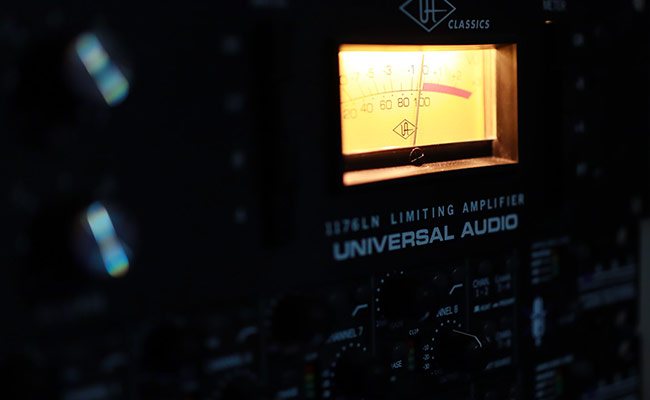A blog about mastering audio.

Headroom in Music Production: The Key to a Great Mix and Master
In the world of music production, one of the most important concepts to understand is headroom. This term is often used in mixing and mastering to refer to the amount of space or “room” left in the audio signal before it hits the maximum possible level. In this article, I will explore what headroom is,…

10 Mistakes to Avoid When Mastering Your Song
Mastering audio is a crucial part of the music production process. It is the final stage where you ensure that your music sounds polished and professional before it’s released to the public. However, mastering can be a tricky process that requires professionalism and experience. If you don’t know what you’re doing, there are many mistakes…

Compressor Vs Limiter – What’s the Difference?
In audio engineering, both limiters and compressors are dynamic processors used to control the volume level of audio signals. However, they have different functions and applications, and understanding their differences is crucial to using them effectively. What Does a Compressor Do? A compressor is used to reduce the dynamic range of an audio signal by…

LUFS Vs RMS – What’s The Difference?
LUFS and RMS are both measurements used to describe the level of a sound signal, but they represent different aspects of the signal. RMS measures the physical power of a signal, while LUFS measures the perceived loudness of a signal, taking into account the human ear’s frequency response and loudness perception. That’s the short explanation,…

What Is Crest Factor & Why Does It Matter?
In simple terms, crest factor describes the dynamic range of an audio signal. It is the ratio of the peak level of a signal to its RMS (root mean square) level. It provides an indication of how much headroom is available in an audio system to avoid clipping and distortion. If that explanation was a…

How Loud Should My Master Be?
When it comes to dance music genres, Hip Hop, and Rock music, most mastering engineers shoot for around -8 RMS, or LUFS, depending on their point of reference (there usually isn’t too much difference between the two measurements). That being said, it really depends on the track and at what level it sounds best, which…
Need your song mastered?
